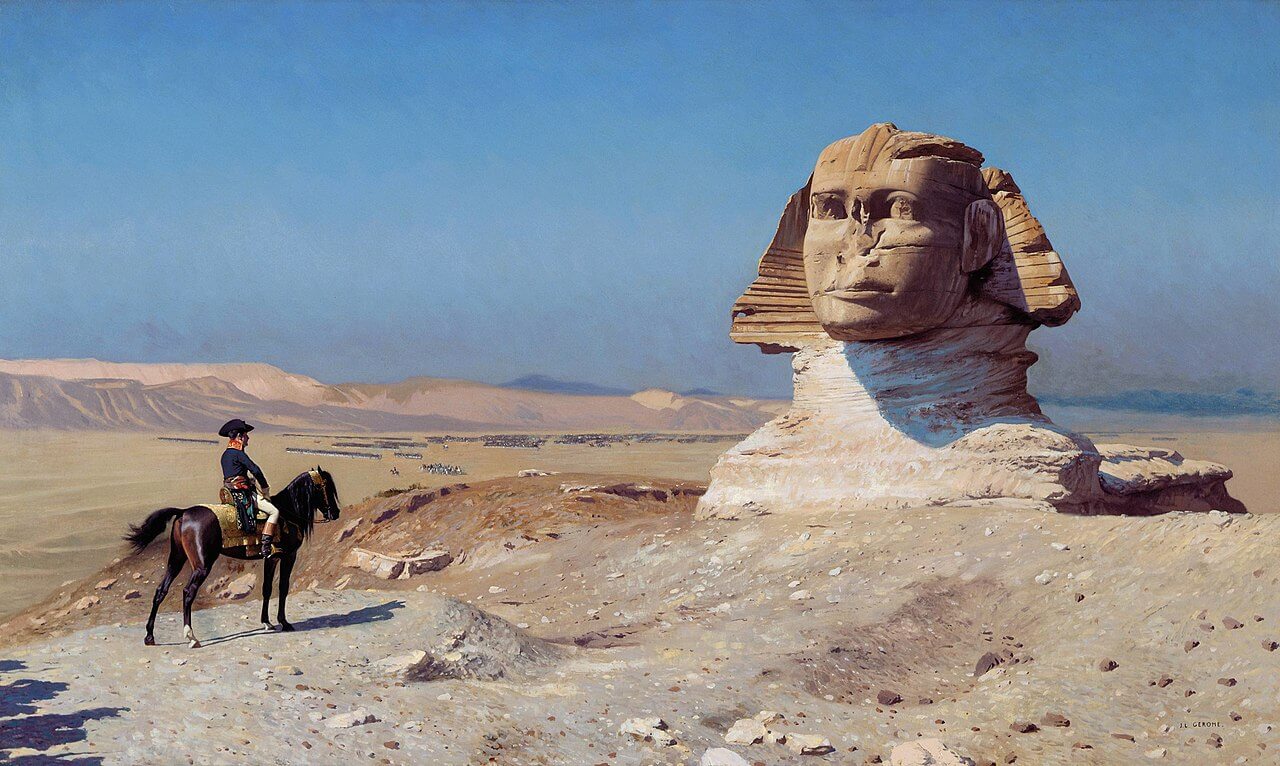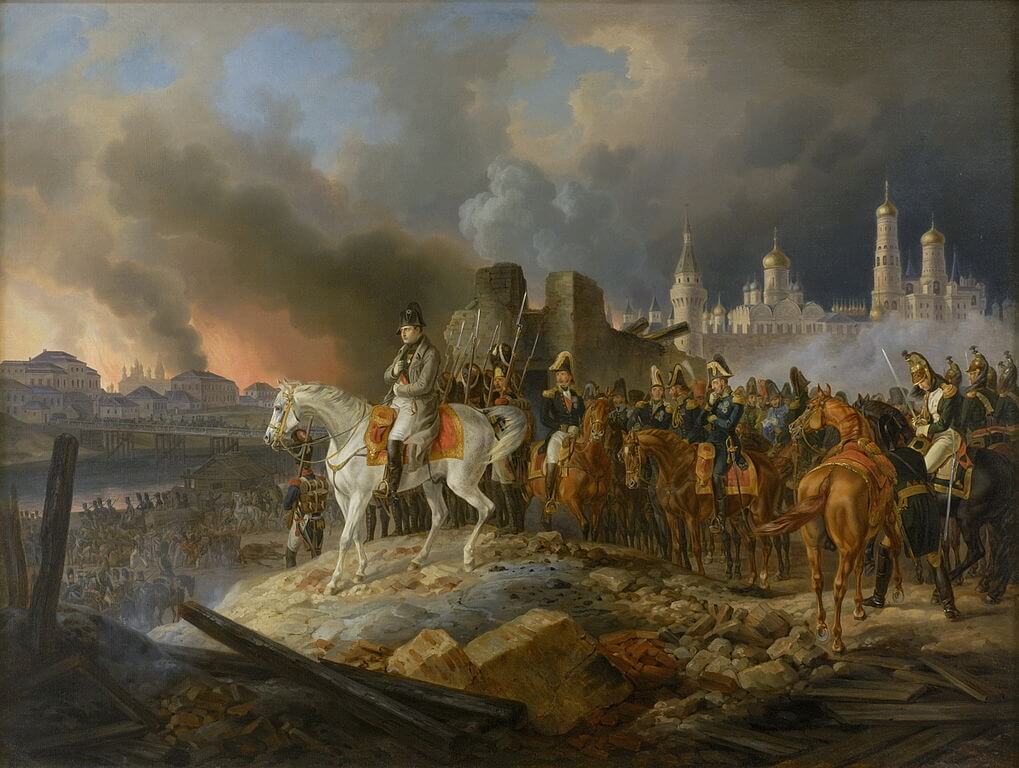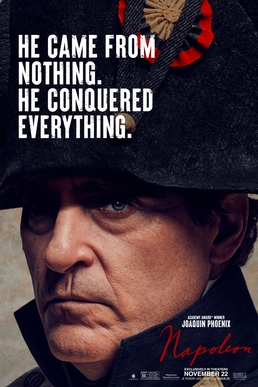Napoleon Bonaparte, born in 1769, embarked on a trajectory of power that is legendary in Western history. Born to a family of minor Corsican nobility, he rose to become the ruler of almost all of Europe in less than three decades. Napoleon’s education in mainland France paved the way for his future military career. In 1799, he staged a coup d’état, overthrowing the French government and establishing himself as First Consul.
Just a few years later, in 1804, he declared himself Emperor, putting a definitive end to the French Revolution. During his rule, he brought about numerous institutional reforms that profoundly influenced the fabric of French society, including the Napoleonic Code, a legal system that formed the basis for many civil law jurisdictions around the world. Napoleon’s meteoric rise from obscurity to power is still studied by historians and military strategists today.
The Napoleon Complex
The “Napoleon Complex” is a term often used in popular psychology to describe an inferiority complex supposedly experienced by people of short stature. It’s commonly believed that Napoleon Bonaparte was very short and that he overcompensated for his lack of height through his aggressive behavior and ambition. However, this is a misconception.
Napoleon was average in height for his time, around 5 feet 7 inches. The confusion arose because of the difference between English and French units of measurement. Nevertheless, the term “Napoleon Complex” is still used today to describe a type of psychological phenomenon, irrespective of the historical inaccuracy regarding Napoleon’s height.
Napoleon’s Famous Quotes
Napoleon is known for several famous quotes, many of which reflect his military strategies, leadership style, and his perspectives on life. One of his most famous quotes is:
“The battlefield is a scene of constant chaos. The winner will be the one who controls that chaos, both his own and the enemies.”
He made this remark during the height of his military campaigns, showcasing his understanding of the chaos of war and the importance of controlling it.
Another famous quote attributed to him is:
“In politics, stupidity is not a handicap.”
This statement is indicative of his shrewd political mind and his ability to manipulate the political landscape to his advantage. His quotes offer profound insights into his thinking and strategic mindset.
Napoleon and Egypt
Napoleon’s Egyptian campaign (1798–1801) was a significant event in both European and Middle Eastern history. It was a part of his broader strategy to disrupt British access to India, a key part of its empire. The campaign is also famous for Napoleon’s encounter with the Pyramids of Giza. It was reported that he said to his troops, “Soldiers, forty centuries look down upon you,” emphasizing the longevity and importance of Egyptian civilization.
During the Egyptian campaign, the Rosetta Stone was discovered, which eventually led to the decryption of hieroglyphics and a deeper understanding of ancient Egyptian culture. Despite not achieving his military objectives, Napoleon’s expedition had a profound cultural and scientific impact, marking the beginning of modern Egyptology.

Napoleon and Russia
Napoleon’s invasion of Russia in 1812 marked a turning point in his fortunes. Confident of a quick victory, Napoleon led his Grande Armée – over 600,000 soldiers – into Russia in the summer. However, the Russian strategy of scorched earth and the brutal Russian winter took a heavy toll on his troops.
Napoleon reached Moscow in September but found the city abandoned and set ablaze by the retreating Russians. With his supply lines stretched thin and winter approaching, Napoleon was forced to retreat. The retreat turned into a rout, with a majority of the Grande Armée perishing due to cold, disease, and Russian attacks. This disaster greatly weakened Napoleon’s grip on Europe and led to his eventual downfall.

Napoleon’s Letters from Saint Helena
Napoleon’s letters from Saint Helena, the remote island to which he was exiled after his defeat at the Battle of Waterloo, offer profound insights into his state of mind during the final years of his life. Isolated and closely guarded by the British, he spent much of his time writing. His letters reveal a man grappling with his downfall, reflecting on his past deeds, and, on occasion, plotting an impossible return to power.
His letters from Saint Helena also show a more personal side of Napoleon. For instance, in one letter to his close friend and comrade, General Henri Bertrand, he expressed his deep sense of loneliness and disillusionment. However, even in exile, Napoleon never lost his strategic mind. His letters, filled with reflections on political and military matters, attest to his enduring intellect and insight, making them an invaluable resource for historians.

Napoleon’s Death and His Tomb
Napoleon died on May 5, 1821, while in British custody on the remote island of Saint Helena in the South Atlantic. His cause of death has been a topic of debate, with theories ranging from stomach cancer to arsenic poisoning.
His remains were returned to France in 1840 on the orders of King Louis-Philippe. His final resting place, the Dôme des Invalides in Paris, is a grand and fitting monument for such an influential figure. His tomb is made of red quartzite and rests on a green granite base, a powerful testament to a man who once ruled much of Europe.
Napoleon in Culture, Film, and More
Napoleon Bonaparte’s life and legacy have been a rich source of material in culture and media, with his character featuring prominently in literature, film, and theatre. In literature, he has been a central figure in classics such as Leo Tolstoy’s “War and Peace” and Victor Hugo’s “Les Misérables”.
The world of cinema and television has also frequently revisited Napoleon’s life. From Abel Gance’s silent classic “Napoléon” (1927) to the more recent mini-series “Napoléon” (2002) starring Christian Clavier, his life has been dramatized in many different ways. In addition to biographical depictions, Napoleon has also been a character in numerous historical fiction and alternate history works, reflecting his lasting impact and the ongoing fascination with his character.
Ridley Scott’s Upcoming Film on Napoleon (2023)
The year 2023 is eagerly awaited by history and film enthusiasts alike, as acclaimed director Ridley Scott is set to release an epic historical drama film based on the life of Napoleon Bonaparte. The movie, aptly titled “Napoleon,” has been scripted by David Scarpa and is being produced by Ridley Scott himself.
This ambitious project primarily focuses on Napoleon’s rise to power and his relationship with Empress Joséphine, promising an intimate exploration of the complex character that Napoleon was. The film brings together a star-studded cast, with Joaquin Phoenix playing the role of Napoleon and Vanessa Kirby portraying Empress Joséphine. In a supporting role, the talented Tahar Rahim lends further gravitas to the film. Alongside his central role, Joaquin Phoenix also contributes as one of the film’s producers.
“Napoleon” is set to premiere in the United States and the United Kingdom on November 22, 2023, distributed by Sony Pictures Releasing. Following its theatrical release, the film will be available for streaming on Apple TV+. This highly anticipated film promises to provide a fresh and insightful perspective into the life and legacy of one of history’s most iconic figures.

Historical Challenge: Can You Conquer the Past?
Answer more than 18 questions correctly, and you will win a copy of History Chronicles Magazine Vol 1! Take our interactive history quiz now and put your knowledge to the test!

